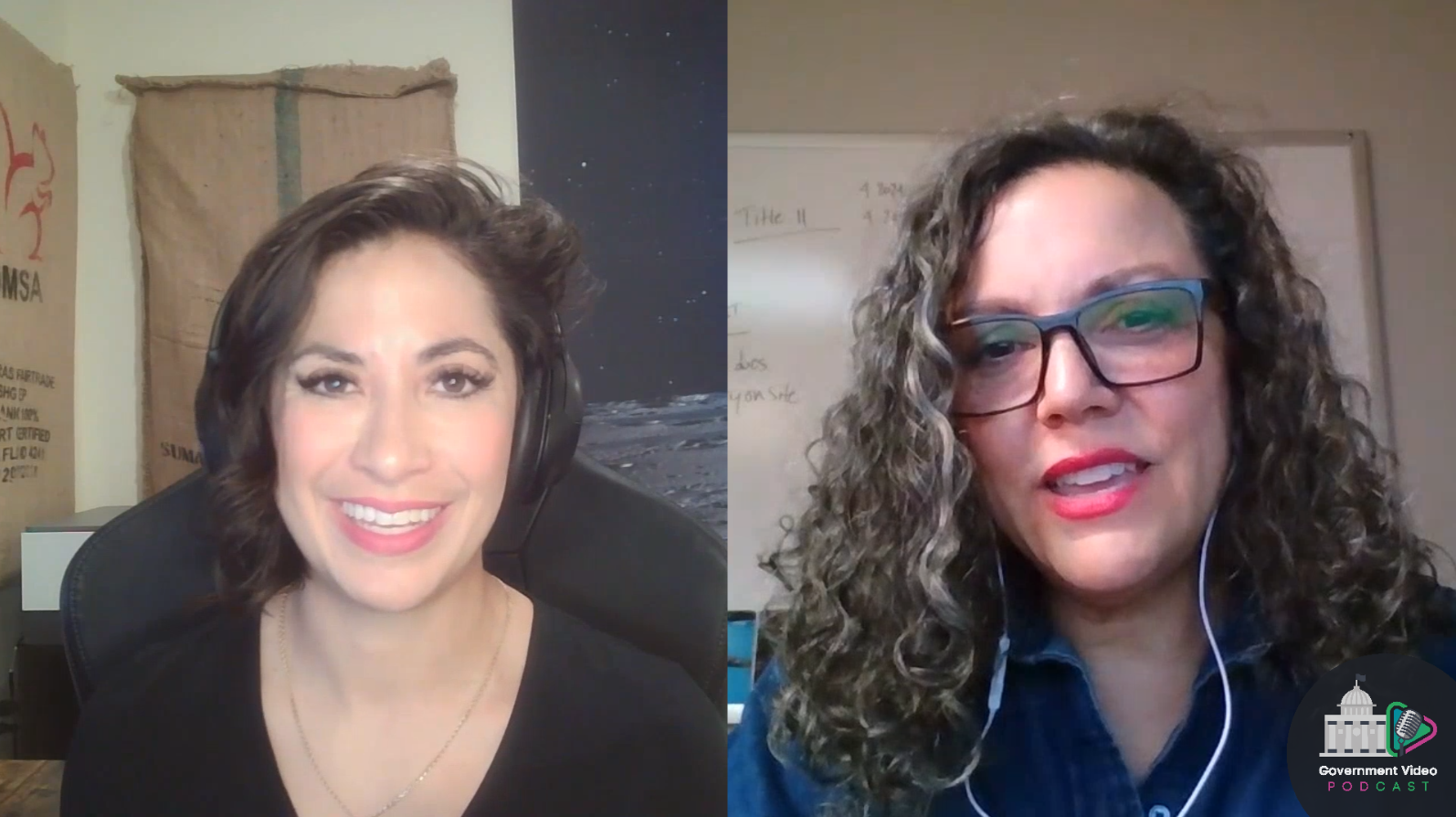
Hello GVP listeners! Michelle here, and I'm your host again this week. In this week's episode, we dive into the evolving landscape of cable franchise negotiations with Mike Bradley from Bradley Werner Law.
Cable subscriptions are declining, but local franchising authority is more important than ever
Despite a decline in cable subscriptions as streaming consumption rises, Mike emphasizes that cable remains a multi-billion dollar industry crucial for supporting government access channels and community media initiatives. Even with streaming overtaking traditional cable delivery, Mike reveals vital details on service delivery modes that could significantly impact the franchise fees your organization is entitled to. The key takeaway? Cable franchise agreements negotiated are still essential contracts, crucial for navigating the legal complexities and potential loopholes that service providers may exploit to avoid paying their fair share of franchise fees.
Additionally, Mike and I explore the dynamic changes within the industry, particularly the challenges and opportunities presented by broadband expansion and its potential to reshape the future of local government franchising authority. Imagine a scenario where broadband franchising ensures equal access to services across communities—what steps are necessary to achieve this? Mike discusses potential legislative changes, such as the Equal Access to Broadband Act in Minnesota (HF 4182/SF 4262), which could significantly impact local franchising authorities and cable regulators across the nation.
Navigating New Web Accessibility Regulations for Public Access Stations
We also explore the new and somewhat uncertain terrain of web content accessibility rules and their potential impact on public access stations. As these regulations evolve, they present both challenges and opportunities for access channels striving to comply with potentially transformative rules. A key focus of our discussion is the closed captioning requirement—a vital component for accessibility. Mike references the FCC’s earlier mandates, which were supposed to include a self-reporting tool for exemptions that has yet to be developed, leaving a significant gap in how access stations can manage compliance and report their status. This raises questions about whether the enforcement of web content accessibility will follow a similar path.
Mike emphasizes the importance of staying informed and proactive about regulatory compliance as the digital landscape evolves to ensure that access stations remain as accessible as budgets reasonably allow while also protecting stations from potential litigation.
Developments in alternative funding models for public, educational, and government access channels
Next, Mike and I get into the evolving landscape of alternative funding models for public, educational, and government access channels, taking a closer look at important developments in Vermont and New York. Vermont recently passed legislation allocating a million dollars in tax revenues to support access television organizations, a significant development for continued services and programming in their state.
Meanwhile, New York is discussing the introduction of a new fee on streaming services (Senate Bill S2581 and Assembly Bill A5900). This innovative approach aims to leverage the booming digital streaming market to support public access media. By tapping into the revenue generated from streaming platforms, New York hopes to establish a funding stream that compensates for the decline in traditional cable franchise fees.
These discussions in Vermont and New York serve as potential models for other states looking to adapt to the shifting media landscape. Each approach offers intriguing possibilities for funding public media in an era where digital streaming continues to grow, highlighting the need for creative financial solutions to support the vital services provided by public access channels. This part of our conversation sheds light on how legislative actions and new financial strategies could reshape the future of public media funding, ensuring that essential community services remain robust and accessible despite technological and economic changes.
If you find this interesting, stay tuned for a future episode with our friend Brady Wurtz who’s coming back on the podcast to talk about the tax-funded model they employ to serve 11 cities in Campbell County, Kentucky.
Can local governments make a difference in FCC rule-making?
We also discuss the critical role of FCC participation. Mike emphasizes the importance of local government involvement in FCC rulemaking, highlighting how past participation has led to significant changes, such as adjustments to the 'mixed use' and 'in kind' rules. The 'mixed use' rule, which limits regulation of non-cable services, was largely rejected by the Sixth Circuit but remains unamended by the FCC. Similarly, the 'in kind' rule needs revision to align with court opinions favoring a marginal cost basis for calculating franchise fees. Mike's insights underline the necessity for local franchising authorities to actively engage in FCC proceedings to secure regulations that support public media's sustainability.
This episode is packed with actionable insights that could transform how your local government approaches franchise agreements and broadband policy. Whether you're a city manager, a member of a public access organization, or a citizen interested in how these policies affect community services, this episode is a must-listen to stay informed, stay engaged, and navigate these transformative times as informed community members.
Event Replay - Demystifying Closed Captioning: What WCAG 2.1AA Really Requires for Government Video
Get clarity on WCAG 2.1AA captioning requirements. Learn what’s required, what’s recommended, and how to keep your government video content compliant.
.png)









.png)





